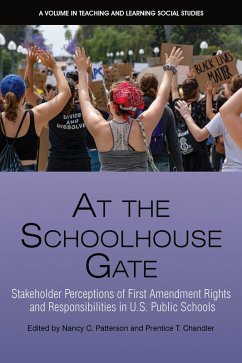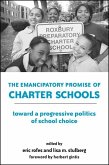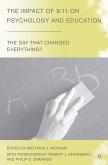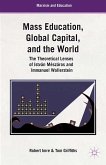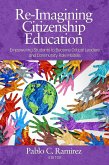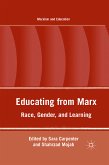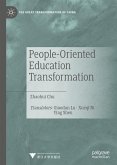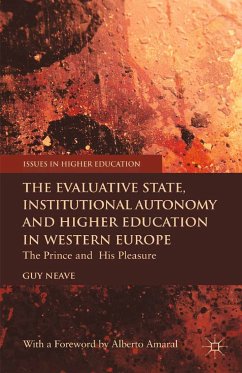The objective of this edited volume is to shed light upon K-12 perspectives of various school stakeholders in the current unique context of increasing political polarization and heightened teacher and student activism. It is grounded in academic freedom case law and the majority of opinion of the Supreme Court in the Tinker v. Des Moines Independent Community School District (1969) that held that certain forms of expression are protected by the First Amendment. Justice Fortas wrote in the majority opinion that "it can hardly be argued that either students or teachers shed their constitutional rights to freedom of speech or expression at the schoolhouse gate." This volume is timely and instructive, as protections afforded by the First Amendment are a topic of enduring concern, with such freedoms requiring vigilant advocacy and protection from each generation. Paulo Freire stated, "Citizenship is not obtained by chance: It is a construction that, never finished, demands we fight for it" (1998, p. 90). There is confusion and much debate in and outside of schools about how and when these and other rights described in the First Amendment may or may not be limited, and the time is now to clarify the place of such rights in public education. At the Schoolhouse Gate is divided into three sections: Foundations, Case Studies of Rights in Schools, and Choices to Act. The "Foundations" section presents the case law pertaining to the rights of both teachers and students, setting the tone for what presently is permissible and chronicling the ongoing struggle with defining rights and responsibilities in schools. In "Case Studies of Rights in Schools," various authors examine teacher and student interactions with rights and responsibilities in schools, including the interest of students in participating with their teachers in the democratic experiment of schooling, the promise of student-led conferences, a new teacher's success with democratizing her classroom, and student views of news and technology. "Choices to Act" includes a portrait of teacher activism during the Oklahoma Walkout, a general counsel's advice to teachers for availing themselves of their rights, a story of a civic education curriculum generating student agency, and vignettes of two public high school students who took action in their schools and communities.
Dieser Download kann aus rechtlichen Gründen nur mit Rechnungsadresse in A, B, BG, CY, CZ, D, DK, EW, E, FIN, F, GR, HR, H, IRL, I, LT, L, LR, M, NL, PL, P, R, S, SLO, SK ausgeliefert werden.

